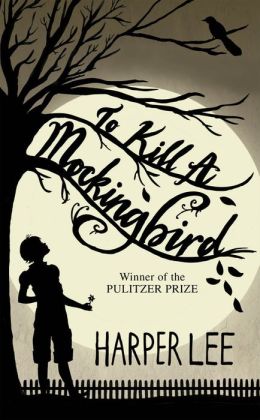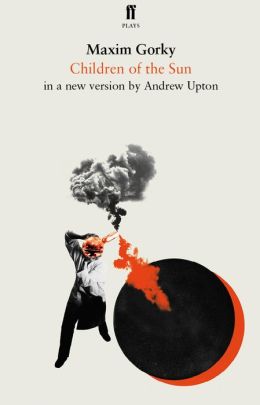 |
| Image courtesy of www.barnesandnoble.com |
Harper Lee
1960
The Summary
For young Scout (Jean Louise) Finch, growing up in Maycomb county of Alabama presents its share of difficulties and joys: playing pretend in the front yard, struggling to understand grown-up antics, trying to convince the mysterious Boo Radley to leave his house, reading the newspaper with Atticus, her father. But The Great Depression has left its indelible mark, and one court case may very well change the course of history for the Finch family.
The Good
The Good
Harper Lee's novel is absolutely beautiful.
Told from the perspective of Scout Finch, a young girl living and growing up during the Great Depression, when hope sometimes seems at its lowest and equality seemes to appear only periodically, To Kill a Mockingbird opens the door on a world struggling to cope with new ideas and old cultural values - and children trying to cope with old ideas as they try to form their own.
Besides depicting a moving, heart-wrenching tale of growth and experience and portraying one, crucial court case that will rock the county of Maycomb to its foundations - and change Scout's and her brother's (Jem's) lives forever - Lee also creates a host of endearing and memorable characters. And, through the voice of Scout, Lee brings her characters to life, fashioning a dynamic and beautiful piece of literature in the heart of one, tiny Southern town in Alabama.
To Kill a Mockingbird is more than a memorable book, however, it's an iconic novel about race, religion, class, gender, and learning to balance all these things in the earliest parts of adolescence. In short, it's a novel about growing up in a world tinged by racism and prejudice and learning how to rise above it
The Bad
Some harsh language may appear; however, the most dramatic - or, rather, traumatic - episodes will occur in the latter half of the book with the trial one Tom Robinson, a man falsely accused simply because of the color of his skin. The fate of Tom Robinson, and the results of his trial, are certain to put an ugly spin on an otherwise wonderful book.
The Ugly
The Ugly
Bob Ewell.
If you've ever had the opportunity to read Lee's novel, you'll certainly know what I mean.


